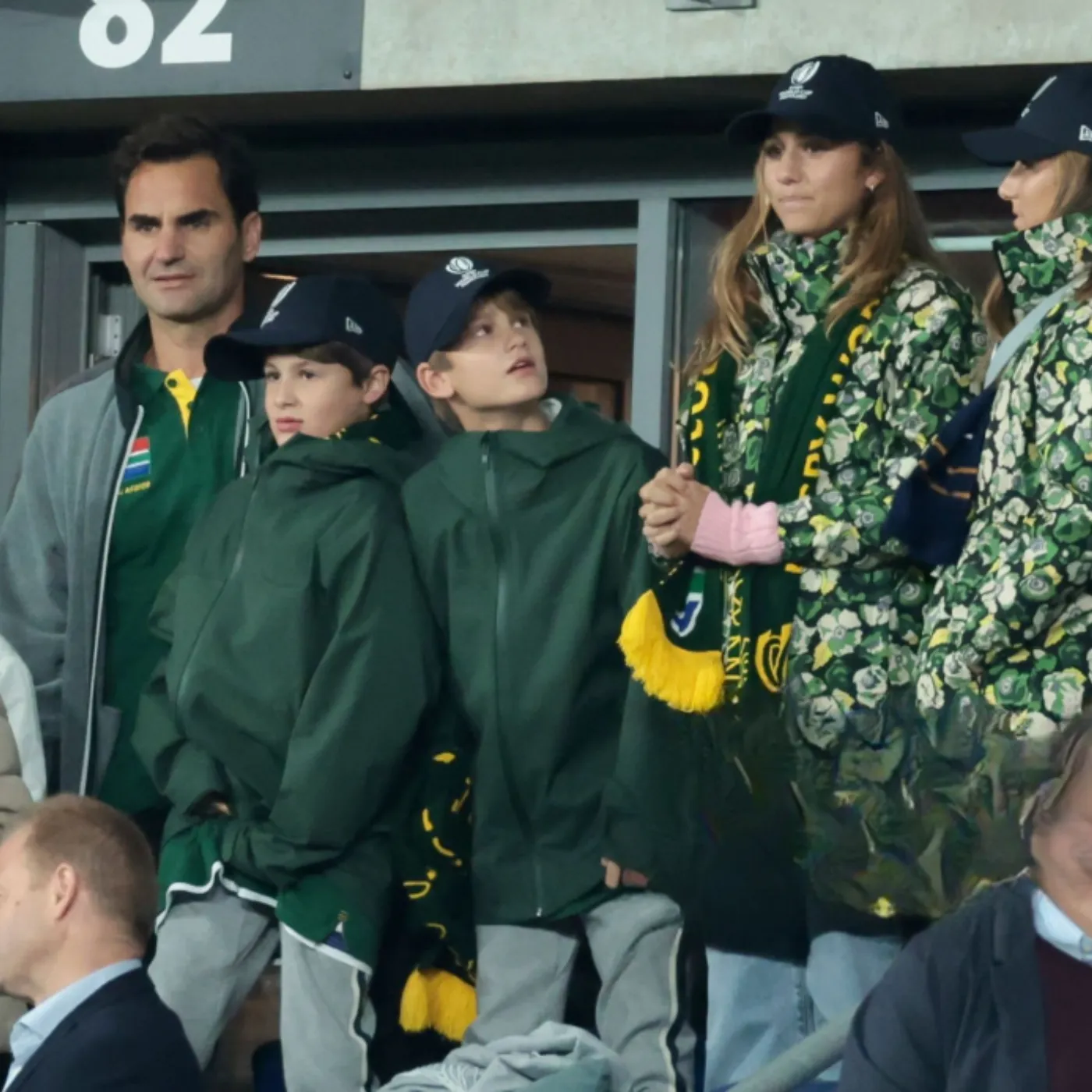

MMA Champion Misses Weight, Offers Full Payment to Opponent, But Fight Still Canceled: A Lesson in UFC Tournament Organizing Discipline
A shocking incident unfolded at UFC Paris that has sent ripples across the MMA community. Losene Keita, a former two-division champion in Oktagon MMA, was scheduled to face former Bellator champion Patricio “Pitbull” Freire. Fans anticipated a thrilling showdown between two elite fighters. However, the fight was abruptly canceled when Keita missed the featherweight limit by 4 pounds (approximately 1.8kg).
Despite offering to forfeit his entire purse to compensate Freire, the UFC maintained its strict stance, and the bout was not rescheduled. This incident highlights not only the rigorous standards of professional MMA organizations like the UFC but also serves as a cautionary tale for fighters about the importance of weight management, professionalism, and discipline.
The Incident at UFC Paris
Scheduled to compete in the featherweight division, Losene Keita was under pressure to make weight. The UFC weight-cutting policies are designed to ensure fairness, safety, and competitiveness. When fighters fail to meet the required limit, it can have severe consequences.
Keita missed the mark by 4 pounds, which is significant in combat sports, where every pound can affect strength, endurance, and mobility. Despite his offer to compensate Patricio Freire fully, the UFC decided that canceling the fight was necessary to uphold the integrity of the sport.

This decision demonstrates the promotion’s commitment to maintaining strict regulations and ensuring fighters adhere to agreed-upon standards. UFC officials emphasized that professional conduct and preparation are non-negotiable, even for former champions.
The Importance of Weight Management in MMA
Weight management is one of the most critical aspects of mixed martial arts training. Fighters undergo intense diets, hydration strategies, and monitored training regimes to achieve their target weight safely. Missing weight not only endangers the fighter’s health but also impacts career opportunities and reputation within the MMA community.
-
Health Risks: Rapid weight cuts can lead to dehydration, kidney stress, and decreased cognitive function, affecting performance and safety.
-
Professional Implications: Missing weight may result in canceled bouts, fines, or reputational damage, which can limit sponsorship and promotion opportunities.
-
Fairness in Competition: Ensuring fighters meet weight limits guarantees a level playing field, preventing undue advantages or risks to opponents.
In Keita’s case, the failure to make weight cost him a high-profile fight against a decorated opponent and drew attention to the discipline required at the elite level.
Patricio “Pitbull” Freire: The Opponent’s Perspective
Even though Keita offered his full purse to compensate Freire, the former Bellator champion did not get the chance to compete. While some fighters might accept financial compensation, the opportunity to fight at a high-profile UFC event cannot be replaced by money alone.
Freire’s preparation and mental focus were geared toward the fight. The cancellation emphasizes the impact of one fighter’s oversight on both athletes, illustrating that MMA is a sport that demands full commitment and responsibility from all parties.
UFC Policies on Weight Cutting and Fighter Conduct
The UFC maintains strict rules regarding weight, fight contracts, and professional behavior. Fighters are required to meet contracted weight limits, and any deviation can result in:
-
Fines or purse deductions
-
Fight cancellations
-
Potential suspensions or warnings
-
Damage to professional reputation
The decision to cancel the fight despite Keita’s willingness to compensate financially reflects UFC’s commitment to fairness, integrity, and safety. It sends a clear message: rules are not optional, regardless of a fighter’s status or past achievements.
Lessons for Fighters
The Keita incident at UFC Paris provides several important lessons for MMA athletes:
-
Discipline and Preparation Are Critical: Fighters must manage nutrition, weight, and conditioning rigorously, especially when stepping up to high-profile bouts.
-
Responsibility Extends Beyond the Individual: Missing weight affects the opponent, the promotion, and the sport’s credibility.
-
Professionalism Matters: Respecting contractual obligations and organizational rules is a key part of being a professional athlete.
-
Reputation Is Fragile: Even accomplished fighters like Keita can face scrutiny for failing to meet expectations.
The Broader Implications for MMA
This incident also highlights broader trends in MMA:
-
Increasing Scrutiny on Weight Cutting: Promotions may implement stricter monitoring of fighters’ weight and health in the weeks leading up to a fight.
-
Athlete Safety: Ensuring fighters are healthy and able to safely compete is paramount, as excessive weight cutting can lead to severe medical issues.
-
Integrity of Competition: Maintaining professional standards ensures fans, sponsors, and fighters trust the sport remains fair and credible.
Fighters, coaches, and promotions must work collaboratively to prevent similar issues in the future. Proper planning, early weigh-ins, and adherence to weight-cutting protocols can mitigate the risks highlighted by Keita’s missed weight.
The Psychological Impact
Missing weight can also take a mental toll on athletes. Fighters often invest months of preparation, and failure to meet weight goals can result in stress, anxiety, and disappointment, not just for themselves but also for their teams and supporters.

For Keita, the public nature of the missed weight and canceled fight could affect confidence and motivation. However, it also presents an opportunity for reflection, learning, and improvement—a chance to demonstrate resilience, a key trait for any champion.
Conclusion: A Cautionary Tale for MMA Fighters
The story of Losene Keita at UFC Paris serves as a critical lesson for fighters worldwide. Even elite athletes and former champions are not immune to the consequences of missing weight. Professionalism, discipline, and preparation are essential in mixed martial arts, where opportunities are rare, and stakes are high.
While Keita’s willingness to compensate Patricio Freire financially shows accountability, it cannot replace the importance of meeting contractual obligations. The UFC’s strict response underscores the organization’s commitment to fairness, safety, and integrity, ensuring the sport remains respected at the global level.
For aspiring fighters, coaches, and fans, this incident reminds everyone that in MMA, success is measured not just by talent, but by preparation, responsibility, and professionalism.


















